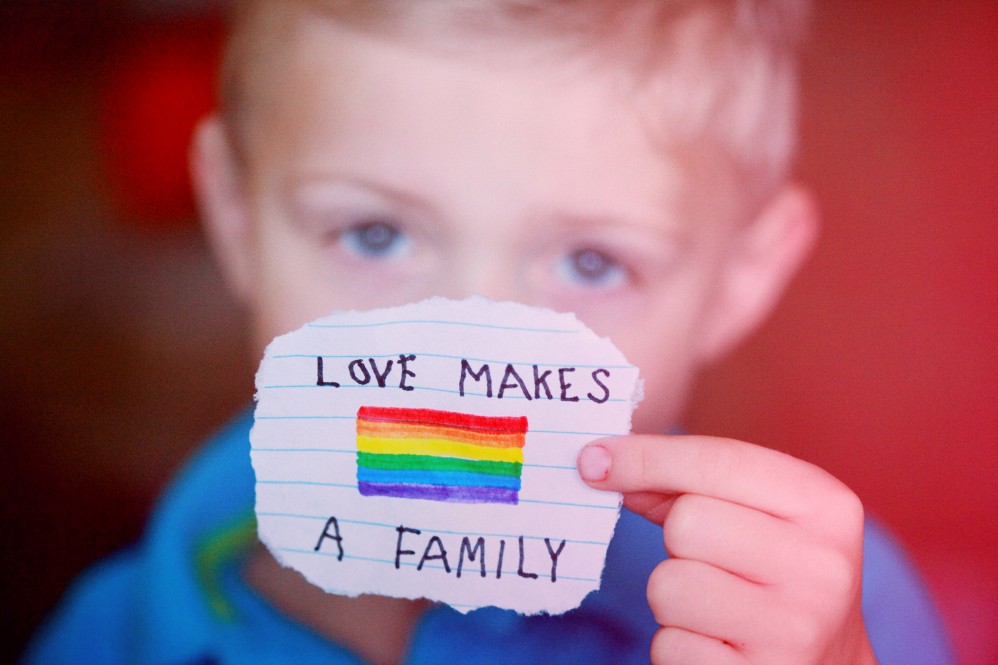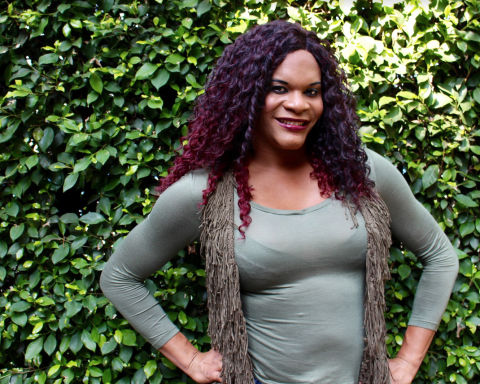- Depending on your own personality, you may prefer to start “bigger.” If your child will be in this school for a period of time, like kindergarten through fifth grade, it can help to start with the people that will not change, compared to teachers who will rotate every year. Of course, staff can leave, but starting with the principal, counselor or other higher management advocate can assist you in helping approach your child’s teacher and help you build longer lasting relationships.

- Conversely, if you are say an introvert, it may feel more comfortable to start small, one on one with your child’s direct teacher. Other factors like location will also surely play a part in who you choose to approach first. Some schools and locations might require an entire education session to explain the correct pronouns, talking points and how to assign something like a family tree, while other parts of the country might be far more progressive. Here this could be an afterthought, where you simply write down your partner or spouse’s name on the “in case of emergency” form and never think twice.
- Ask even the most well educated teachers to educate themselves on microaggressions and be on the lookout for these in the classroom for all students. Ask for awareness surrounding language all students use about parents, identity, and embracing of others vs the practice of “othering”. Microaggressions can be intentional or unintentional but the impact is still the same to the recipient. They are typically brief insults or invalidations, more often the latter. Sometimes this comes with heterosexist language, like explaining how magnets attract “like a boyfriend and girlfriend” or something of that ilk.

- Expect support. For any child entering the school system, they should be able to expect a supportive environment, free of any prejudices or bullying that impedes their education, and that extends to staff as well as children. Any child and family should be able to expect support for their children to have the best options and LGBT families and parents are no different.
- Remind your children’s school or teacher that the coming out process is ongoing and extends to children as well, which means that they can use their own advocates at school year after year. One of the best ways you can assist the school in doing that is to be as present as possible on campus. As much as possible, begin identifying advocates who you may not need to call on for several years, but who will have built relationships with you over time so that there will be established patterns of connection long before they are necessary.

Doing Just Fine Inside The Closet
It’s that time of year again—the season when LGBTQ+ people are called upon to identify themselves








